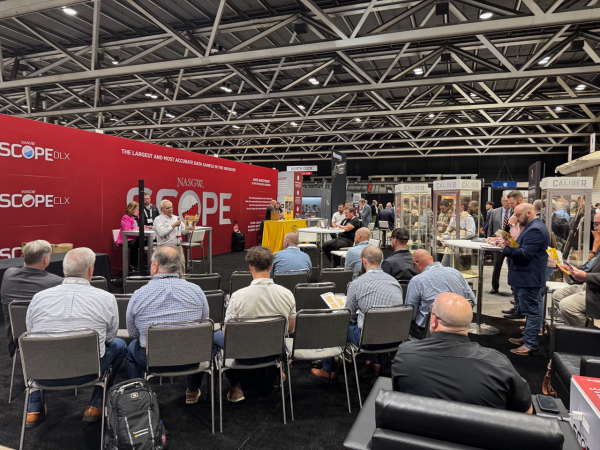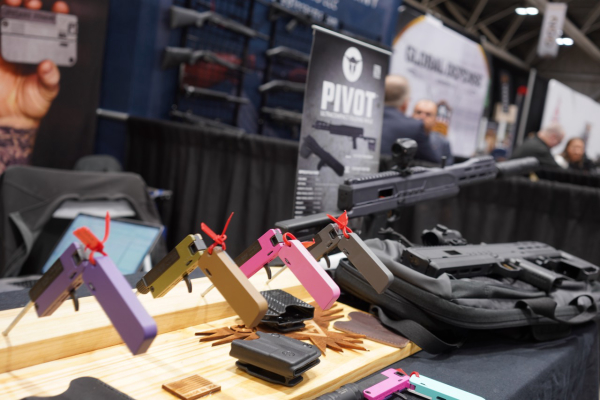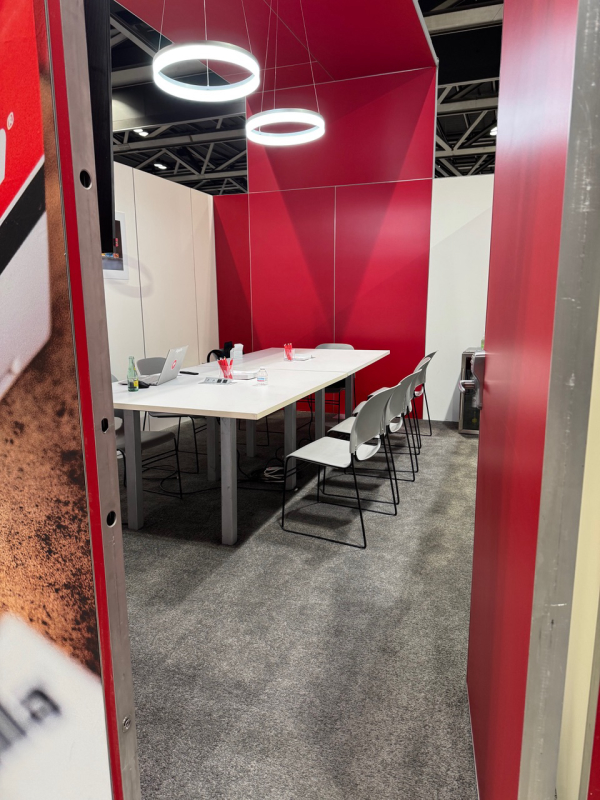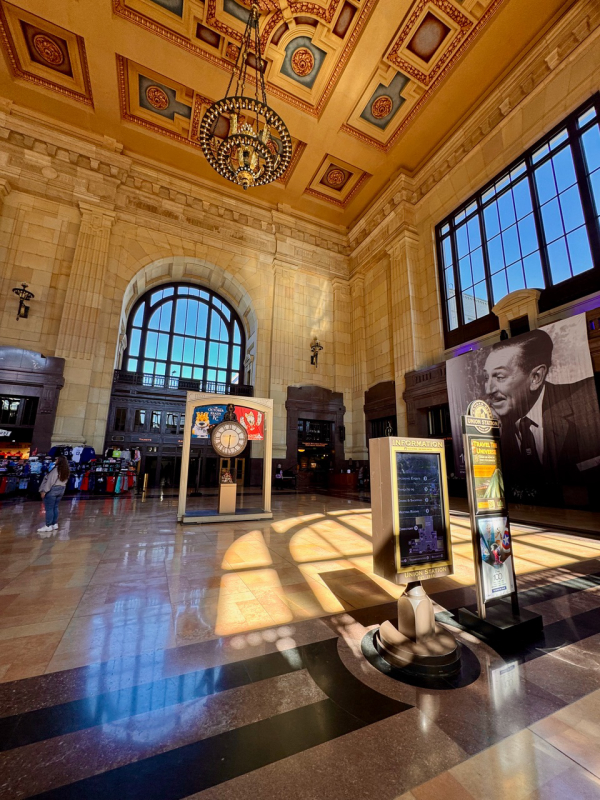As NASGW’s 50th annual meeting & exhibits wrapped up Friday in Kansas City, it was obvious that the wear and tear of every trade show was compounded by uncertainty about “other matters.”


One of those other matters is now only weeks away. It seems everyone will be relieved to see the elimination of one uncertainty -who will emerge as the party to deal with in Washington. That’s the “devil you know” option over the “devil you don’t.”
Hopefully, I was reminded more than once, the election will finally end another more personal frustration: the relentless texts, robocalls, and emails from candidates. Candidates whose messages increasingly sound like callers to 911 or a suicide hotline than people we’re supposed to guide the nation forward.
Both parties must be using the same consultants, because the messages sound disconcertingly similar. “We’re going to lose the…..” or “…..hates me because…..” then lays out why you should shell out to help avoid that apparent tragedy.
Unfortunately, there are other things that pose more immediate concerns for all businesses than professional politicians. Those were the topics most discussed at NASGW.
Everyone, from the largest corporation to the smallest entrepreneurial group is concerned about constantly rising supply chain costs.
As Alex Miceli wrote last week, neither the costs of raw goods nor supply chain issues are killing sales volumes.
But they are most assuredly suppressing profits. Eventually, even the healthiest companies will be forced to pass those costs on to customers. Rising costs imperil sales, especially in an already unsteady economy.

There are also growing concerns about labor costs. Talking with top executives at NASGW, I verified reports that there is actually a two-pronged problem with labor.
Labor costs are always a concern. And from wages to insurance and benefits, they’re all rising.
But a new concern is what one CFO called the mischaracterization of younger new employees as labor.
“They don’t know how to work,” he told me, “they resent being given tasks and being held accountable for their results. Any correction is taken as criticism and they’re ‘threatened’ by that.”
An apparent lack of interest -or abilities to interact with fellow workers is yet another issue.
A CEO with several hundred employees described many of his new non-manufacturing hires like this: “they’re always head-down over screens. But not the ones on their computer terminals. They either can’t-or won’t- stay out of their phones. They don’t look at you when you’re talking to them, have no idea about what’s appropriate dress or conduct in an office -even with our guidelines- and they’re absolute disasters when forced into group work situations.”
A supervisor in a customer service department said she was surprised to find them actually doing work. “They’re on their phones, drinking coffee, or on their way to/from the restrooms,” she said, “it’s rare to find many of them at their workstations.”
It’s not just the outdoor categories.
Across the globe, corporations and headhunter groups find themselves running remedial seminars to help new hires actually assimilate into the workplace.
The common remedial topics? You guessed them: appropriate conduct, speech, dress and demeanor.
Those sound like fourth-grade basics to me, but I’ve been out of school a long time.

Finally, a word about Kansas City itself. I had one question that I asked everyone working there, from the Uber drivers to the front desk clerk at our hotel: “where are all the people?”
Apparently, I’m not the first person to ask what some might see as an impudent question. Their answers ranged from “you should be here on the weekend when there’s an event -it’s packed” to a more considered “since the pandemic people just haven’t come back to work.”
That’s good news/bad news for similarly sized cities experiencing the same phenomenon. Kansas City has top-shelf convention facilities, a wealth of accommodations and some amazing areas for nightlife and dining.
All that’s missing seems to be people.
We’ll keep you posted.
— Jim Shepherd